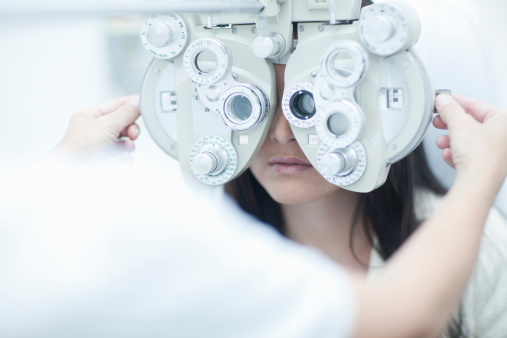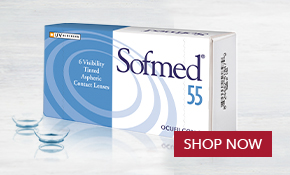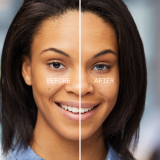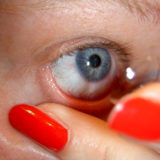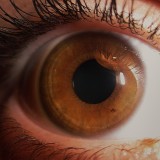Eyes on Food: How Your Diet Affects Your Eye Health
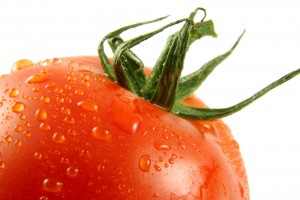 Dry eyes are irritating and uncomfortable. You’re constantly either re-wetting them or wiping them because they’re watery. But did you know what you eat doesn’t just affect your weight or your health in the way you think, but it can also have an effect on your eyes? In fact, you can increase prevention and decrease risk for a lot of eye disease just by making little tweaks to your diet.
Dry eyes are irritating and uncomfortable. You’re constantly either re-wetting them or wiping them because they’re watery. But did you know what you eat doesn’t just affect your weight or your health in the way you think, but it can also have an effect on your eyes? In fact, you can increase prevention and decrease risk for a lot of eye disease just by making little tweaks to your diet.
Hydrate Your Eyes
According to Health Magazine, easing up your eye discomforts can be as easy as changing just a few things in your diet. Such as, drinking more water. Lots of water can be helpful in preventing your eyes from feeling dried out. Staying hydrated is essential for your body as it is, but it has a high impact on your eyes. Think about it, if you drink alcohol or caffeine excessively, your eyes become dry and then watery and maybe even bloodshot. Watery eyes, ironically enough, is a sign of dry eye.
Fruit and Vegetables Help Eye Health
Along with water, changing up your diet a little bit may be helpful to your eye health. A diet high in saturated fat and sugar may increase your risk of eye disease. However, in contrast, a diet rich in colorful fruits and vegetables can prevent health problems, including certain eye diseases.
Also, foods rich in Omega-3 fatty acids work to keep dry eyes and possibly even cataracts. They keep your eyes comfortably lubricated by suppressing inflammation that causes dry eyes in the first place. A great way of getting these acids is a simple supplement of fish oil and flaxseed oil. Snacking on walnuts and using canola oil in cooking helps get these good fats into your diet.
Fiber Fights Eye Disease
Fiber. Whole grains have come a long way in taste. Replace half your daily grains and cereals with 100% whole grains, and not only do you cut out the foods (sugar and refined white flour) that increase your risk of age-related eye diseases, but you also feel more full and therefore consume less calories.
Protein is also very important in any diet. Your ideal sources are lean meats, fish, nuts and eggs. Most meats add a good amount of zinc to your diet, which is aides your body’s immune system by generating new cells and healing any damage. Try and cut back on red meat and dairy products that may increase your risk of macular degeneration.
High Sodium Linked to Cataracts
And last but most definitely not least, sodium. High intake of sodium has been correlated to an increased chance of developing cataracts. So, it’s best to keep your sodium consumption as low as possible (ideally below 2000 mg/day).
Of course, before making any major changes to your diet, you should consult your physician. If you are suffering from excessive dry eye or notice a change in your vision, schedule an eye exam with your optometrist inside your local America’s Best store today.




